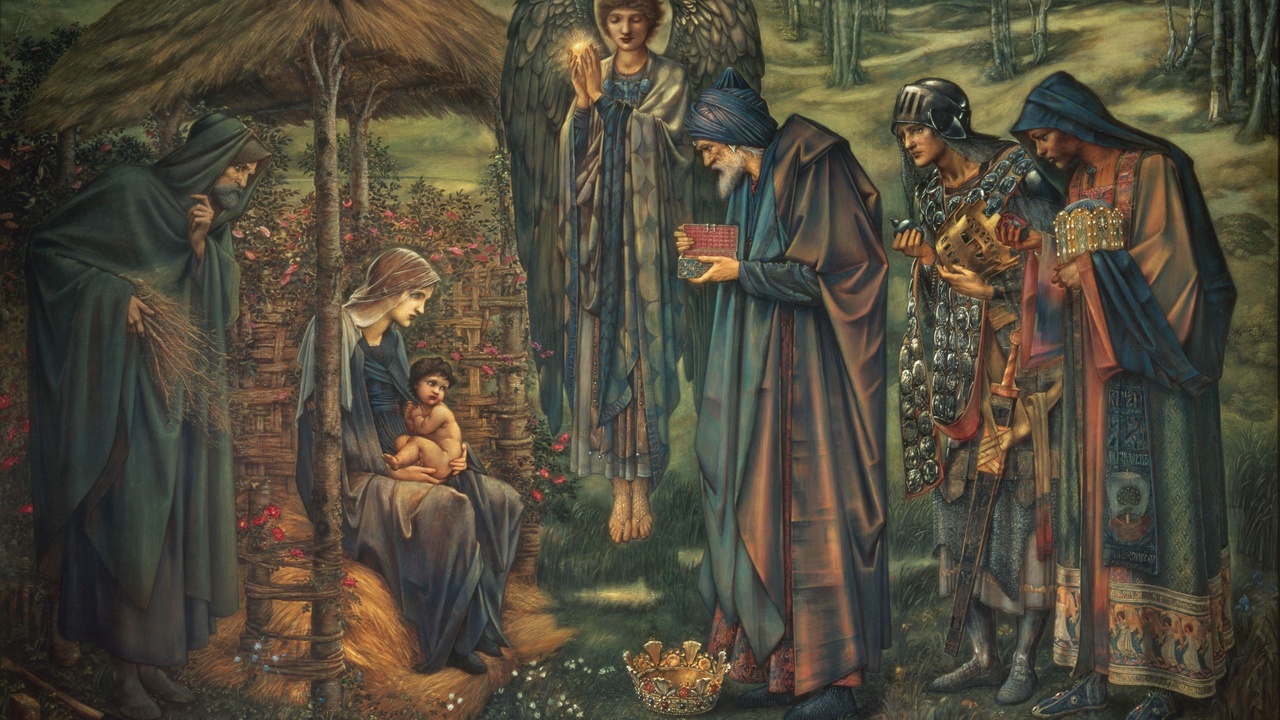The Life He Gives Us

We stand on the edge of the end of Christmastide, with Epiphany coming in a couple of days (January 6). Once more, before this season ends, let us think about the meaning of Christmas. It commemorates the Incarnation of the Word of God. God the Son takes on human nature to save us.
Just how does he save us? And what does "save" mean? The answer to the first question is often lodged in Jesus' death, as well it should be. He saves us by dying for our sins. Yes and amen. But there is oh so much more to the salvation story than the cross, as central and life-altering as it is. Talk of Jesus' saving death (to move to our second question) relates very strongly to forgiveness and restoration to relationship with the Father, or a change in status. This mighty act of divine mercy in Christ is of central importance. It is essential to understanding what becoming a Christian involves.
But again, there is more. And it is that "more" that I want us to ponder. We'll do so by way of connecting som...
Learning How to Learn the Christian Way
To be completely honest, I have been struggling for a long time with awareness of the gap between conventional discipleship beliefs and practices and how the Bible characterizes true discipleship. "If you remain in my word," Jesus says, "then you are truly disciples of mine." "Not everyone who says to me, 'Lord, Lord,' will enter the kingdom of heaven, but only the one who does the will of my Father," (Matthew 7:21). We might very well tense up reading these verses. How are we to take them?
It helps, I think, to start with exploring the nature of learning, since discipleship and learning refer to the same experience. To understand how learning happens pushes us further back to the need for an adequate understanding of our human nature. Learning always involves our taking the form of our environment. I could illustrate this truth countless ways, but, instead, I'll ask you to imagine how, though you certainly are a moral agent with some degree of freedom to do as you will, you h...
